Today, artificial intelligence enables the use of information technology in business areas that until recently seemed too complex for automated data processing and therefore mainly relied on human skills. One of those complex business areas is remanufacturing: product numbers are hardly readable on used parts, each returned part looks unique due to its signs of usage, and moreover there is a multitude of versions for each single product. That is why the identification and inspection in remanufacturing is largely done manually – which goes along with high processing costs.
The "EIBA" project is funded by the German Federal Ministry of Research and Education to explore the use of digital sensor technology and AI to improve the identification and defect-detection of used parts in remanufacturing. In this session, the EIBA project team will provide interesting insights into their approach and demonstrate initial results.
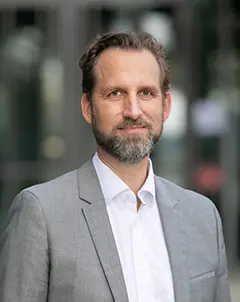
Markus Wagner, Circular Economy Solutions GmbH (C-ECO)
Markus Wagner has a degree in Industrial Engineering and Management from University of Karlsruhe. He looks back to 16 years of experience in different positions in logistics, IT and marketing in the international automotive industry. Since 10 years, he is developing business-processes and IT-systems for industrial remanufacturing and used-parts management. In his current assignment, Markus consults companies on implementing circular business-models and develops specialized processes and services for used-parts-management. With this background, he contributes to international projects related to circular economy which receive funding under national or international programs such as EU’s Horizon2020.
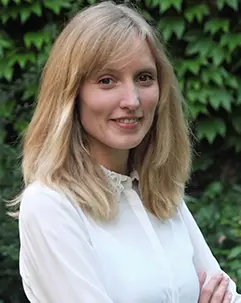
Katharina Schweitzer, acatech
Katharina Schweitzer holds a bachelor’s degree in Industrial Engineering and Management and a master’s degree in Sustainability Economics and Management. She has been working as Scientific Officer at the National Academy of Science and Engineering (acatech) for three years. Her expertise lies in the field of industry transformation towards a circular economy. She currently coordinates the packaging working group of the Circular Economy Initiative Deutschland and researches on the topic of remanufacturing in the EIBA project.
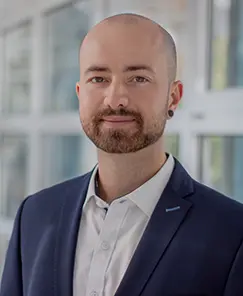
Marian Schlüter, Fraunhofer IPK
Marian Schlüter is working at Fraunhofer IPK (Berlin) as a researcher and Deputy Head of the department Machine Vision in the division of Automation Technology. As project leader in contracted or publicly funded research projects, he uses AI methods from the field of computer vision (classification, detection, segmentation) and applies them in logistics and production. The main fields of application are object recognition and surface inspection (e.g. quality control) in production. In addition to the systematic generation and automated annotation of image-based data sets and the training of AI methods, he also deals with the challenge of integrating this into existing production processes via distributed systems. His research interests focus on computer vision, machine learning and especially on deep learning for visual recognition. He is motivated by exploring and using the potentials of AI for sustainable use, e.g. for the promotion of circular economy.
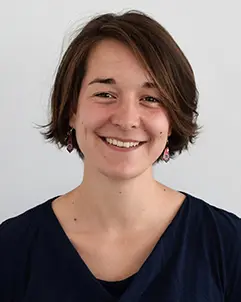
Hannah Lickert, Technical University of Berlin
Hannah Lickert, M.Sc., is a research engineer at the Institute for Machine Tools and Factory Management (IWF) of the Technical University of Berlin (TU Berlin) under the guidance of Prof. Franz Dietrich at the chair of Handling and Assembly Technology Research (HAMSTER). Her research interests include process-oriented integration of digital assistance systems to enhance assembly, disassembly and reassembly processes for sustainable value creation as well as urban production, open workshops and additive manufacturing.
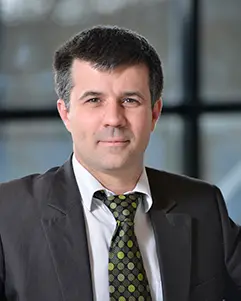
Nicolas Chauvière, CEVAM
After finishing his engineering studies, Nicolas Chauviere worked for 5 years at the manufacturer PSA Peugeot Citroën.
Afterwards, he joined the family company founded by his father in 1986 as production manager, then purchasing manager to be currently general manager.
In 2020, CEVAM had a consolidated turnover of about 26 M€ for a little less than 250 employees. The production sites are in Poland and Tunisia.
You are leaving the official website of Trier University of Applied Sciences